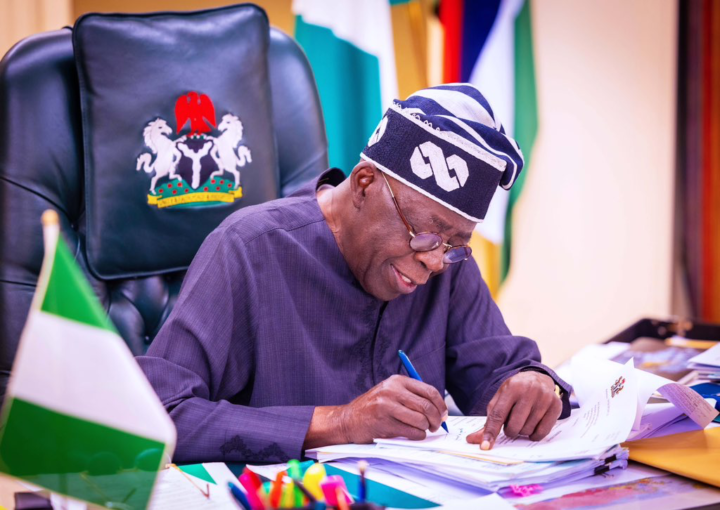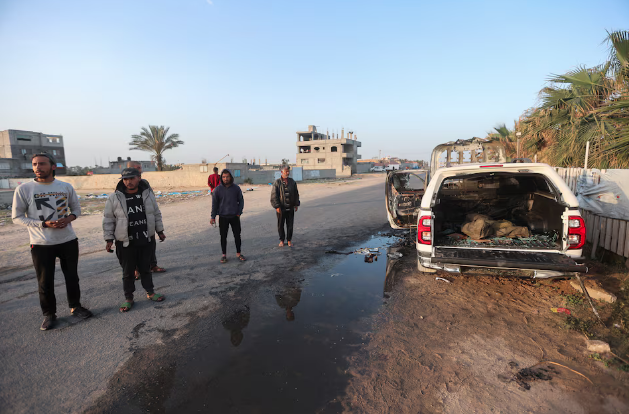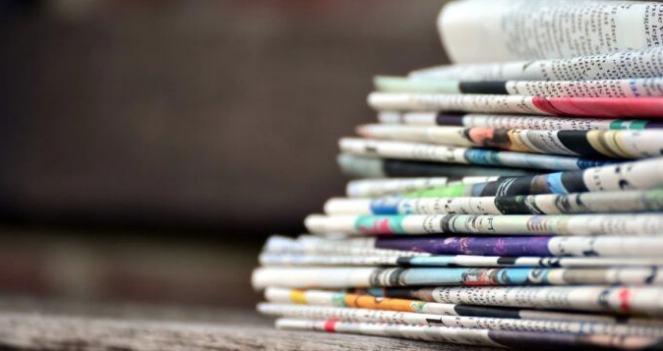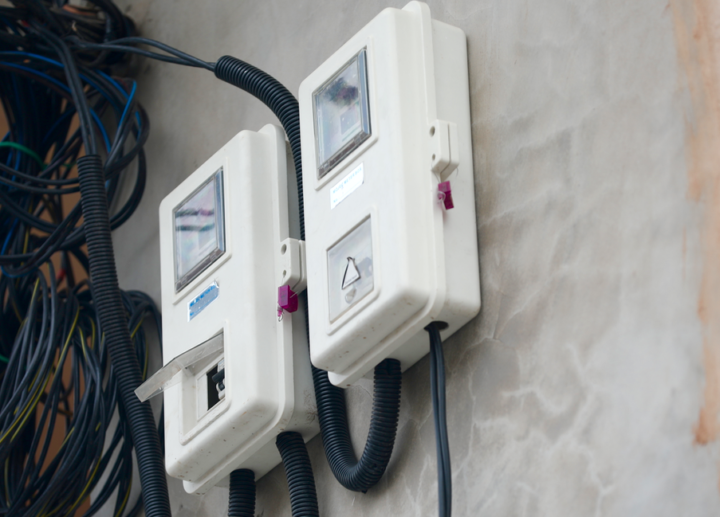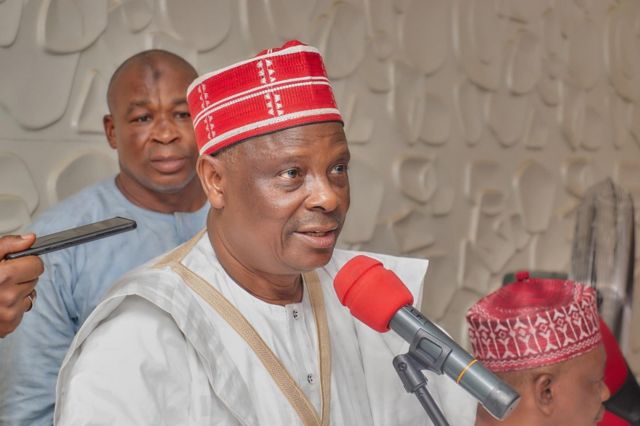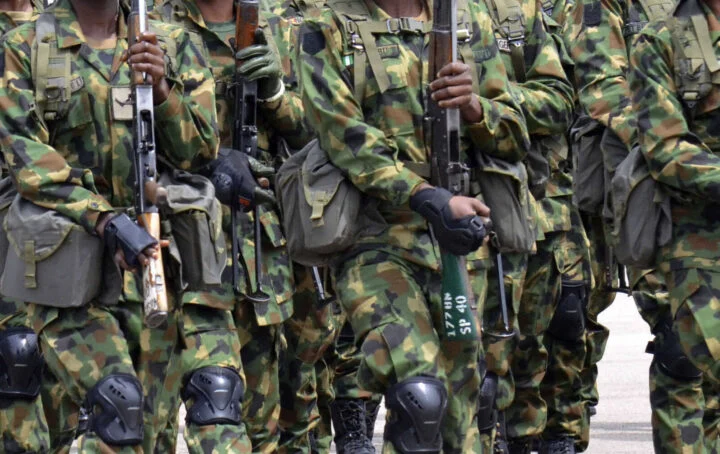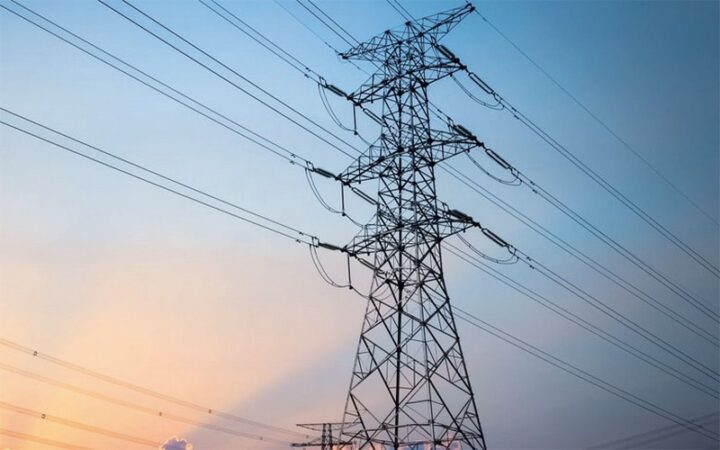Anytime I remember this story, I laugh and shake my head. In 1994, a Nigerian music promoter organised a concert, dubbing it “The Greatest Show”. There was plenty of hype built around it. Shabba Ranks, the Jamaican dancehall artiste and one of the biggest international acts at the time, headlined the concert, which was held at the Tafawa Balewa Square (TBS). There was a modestly attended VIP-only event at the National Arts Theatre, Iganmu, but the TBS event was a total disaster. Only a handful of people showed up. Waziri Adio was then my colleague at TEMPO. After covering the concert, he crafted this scathing headline: “From the Greatest Show to No Show”. Wicked!
This came to mind again after Justice Abubakar Kutigi, a judge of the High Court of the Federal Capital Territory (FCT), ruled on March 28, 2024 that the Economic and Financial Crimes Commission (EFCC) had failed to prove that there was corruption in the transfer of Malabu Oil & Gas Ltd’s interest in OPL 245 to Shell and Agip in 2011. It had been billed as “The Biggest Corporate Scandal in History” but after intense scrutiny by the US department of justice, US Securities and Exchange Commission (SEC), the Court of Milan in Italy, the commercial court of England and Wales, and now the FCT high court in Nigeria, they all came to just one verdict: no evidence of corruption whatsoever. Anticlimax.
The EFCC took its latest loss at the FCT high court quite badly and there were soon WhatsApp rumours that its prosecutor, Mr Offem Uket, was bribed to scuttle the case — although the commission has denied making such an allegation. But if, indeed, the EFCC prosecutor was bribed, were the Italian prosecutors bribed to lose the case in Milan too? In fact, the prosecutors are now facing criminal charges for allegedly hiding vital evidence that would have exonerated Shell and Eni during trial. Were the officials of the US department of justice and SEC bribed as well? It seems the EFCC was working to an answer all along and did not properly plan for how to handle possible defeat.
I started hearing of “Malabu scandal” over a decade ago but, honestly, I never paid attention to it. After all, Nigeria is a huge scam yard. Only God knows how many scams are planned and executed per hour across the length and breadth of Nigeria — both in private and public sectors, and even in religious houses, media and civil society. It takes something of monumental proportions for us to open our mouths and scream. I read that $1.1 billion “that should have gone to the federation account” had been paid to Malabu, a company owned by Chief Dan Etete, a former minister of petroleum, and his friends. Now, $1.1 billion is mouthwatering! I started reading the stories.
Advertisement
In 2017, I had a phone conversation with Mr Mohammed Bello Adoke, the former attorney-general of the federation (AGF) and a big figure in the OPL 245 affair who was accused of authorising the transfer of the first tranche of $810 million to Malabu. He told me he was not a signatory to the account and did not have powers to issue payment instructions. He said Dr Yerima Ngama, then minister of state for finance, authorised the payments. Mr Danladi Kifasi (then permanent secretary, ministry of finance) and Mr Babayo Shehu (then director of funds) also issued instructions. He sent me a bundle of documents on the entire OPL 245 affair, dating back to 1998. His claims checked out.
The EFCC also accused Adoke of taking a bribe of N300 million (around $2 million at the time). The alleged bribe was said to have been paid into his Unity Bank account in 2013 — two years after the OPL 245 deal was signed, sealed and delivered. Something did not click. The Nigerian officials I know do not wait for two years to collect gratification. Pardon me, but I would also expect a corrupt Nigerian minister to get more than $2 million “thank you” in a $1.3 billion deal. Adoke swore and sternly denied collecting a kobo from the deal, saying the N300 million was a loan he took from Unity Bank to buy a property from Alhaji Abubakar Aliyu that was manipulated by the EFCC as bribery.
According to him, when he could not pay up his own N200 million equity to complete the property purchase, Aliyu returned the N300 million to the bank, retrieved the land documents and sold the same property to the CBN in 2013. It was the N300 million refunded by Aliyu that the EFCC classified as a bribe in the trial at the FCT high court. Ironically, in another case filed against Adoke and Aliyu in a federal high court, the EFCC classified the N300 million as mortgage. It was the same prosecution witness presented by the EFCC, Mr Ibrahim Ahmed, that made the contradictory claims. This was one of the facts stated by Justice Kutigi in dismissing EFCC’s charges, which he described as “frivolous”.
Advertisement
Adoke, sounding surprised by my line of questioning during the phone call, said the major role he played in the OPL 245 resolutions was to give legal advice to President Goodluck Jonathan who wanted to know if the consent judgment entered into with Malabu by the Obasanjo administration in November 2006 was valid. President Olusegun Obasanjo had revoked the oil block in 2001 without stating any reason. He then gave it to Shell. Malabu sued the government, lost on technical grounds and appealed. Obasanjo opted for an out-of-court settlement and agreed to return the oil block to Malabu. Adoke said he studied the consent judgment and advised Jonathan that it was binding.
Jonathan subsequently set up an interministerial committee to implement the settlement agreement. OPL 245 was returned to Malabu in 2010, with Mrs Diezani Alison-Madueke, then minister of petroleum, re-issuing the licence to the company fronted by Etete, who was previously convicted of money laundering in an unrelated case in France before the conviction was quashed on appeal. In 2011, Shell and Eni teamed up to acquire Malabu’s interest in OPL 245 for $1.1 billion. All the funds totalling $1.3 billion — including the signature bonus of $210 million paid to the Nigerian federation — were then deposited by the oil companies in Nigeria’s account at JP Morgan in London.
This was where the story became convoluted. According to anti-corruption campaigners, Malabu’s proceeds of $1.1 billion from selling its interest in OPL 245 should have been paid to the federation account. That was the origin of the “Malabu scandal” narrative. But if a company sells off its interest in an oil block, how can the proceeds go to the federation? It sounded even sleazier when it was reported that Etete bought a private jet from the proceeds — which is not unusual with those who hit windfalls. I doubt anyone would make that kind of money and not buy a yacht and even the sea. Gen Theophilus Danjuma also bought a private jet from OPL 246. It seems to be a status symbol.
My major misgiving was that Etete awarded an oil block to himself in 1998 — a clear case of conflict of interest. Surprisingly, every president, except President Muhammadu Buhari, recognised Etete as the owner of Malabu. Buhari appeared to recognise Mohammed Abacha, who said Etete outwitted him. The EFCC wrote twice to Aso Rock that the son of the former head of state should be compensated before the trial of Adoke, Aliyu and the oil companies could be terminated. Also, Etete used a pseudonym in registering Malabu. Mohammed used “Mohammed Sani”. This was apparently to mask their identities. These issues were not raised by the EFCC during trial. I am still at a loss.
Advertisement
Now that all the court cases on OPL 245 have been dispensed with (although the EFCC has hinted that it may appeal the FCT high court ruling — but having studied it with my “unlearned” eyes, I don’t see an appeal going anywhere), my interest is how Nigeria can put the enormously rich oil block to productive use. By some estimates, the block can produce over 200,000 barrels per day when it finally gets in the groove. Similar deep offshore acreages are producing hundreds of thousands of barrels daily. But for the long-drawn crises in the quest to expose “The Biggest Corporate Scandal in History”, the acreage could have gone into full production ages ago.
On coming to power in 2015, the Buhari administration had commenced a slew of litigation, trying to get Shell and Eni convicted for corruption. The licence issued for prospecting in 2011 suffered a serious knock. By 2021, the OPL should have been converted to a mining licence but Buhari declined to give the go-ahead, perhaps still hoping the court cases would yield a result, even though the headline trial in the Court of Milan had gone against Nigeria. We had also sued JP Morgan in the UK, asking for a compensation of $1.7 billion under the “Quincecare duty” doctrine for transferring some of the proceeds of OPL 245 sale to Malabu’s bank accounts. Nigeria lost for lack of evidence.
We went on a wild goose chase while the enormously endowed economic asset was wasting away. Top government officials engaged their friends as lawyers to be pursuing OPL 245 cases globally and netting millions of dollars in fees and commissions. They eyed huge cuts if Shell and Eni were to be improbably ordered to pay another $1.1 billion to Nigeria or if the UK court awarded $1.7 billion against JP Morgan. OPL 245 litigation became an oil block on its own. In the end, we woefully lost everything: the lawsuits; and inflow of investments to, and revenue from, the oil block; and JP Morgan won its £22.25 million libel case against us. Total waste of time and energy (pardon the pun).
We were kobo wise and naira foolish. We delayed production from the acreage because we wanted $1.7 billion compensation, whereas we could make far more than that if drilling was allowed to start. More so, Nigeria badly needed higher oil output to be able to earn more from taxes, royalties and export, plus the inflow of lifesaving FX. What’s more, producing deep offshore was the sanest and safest option — with minimal risks of oil theft, pipeline vandalism and host community issues. Our production was dwindling severely but we were comfortable locking up OPL 245. Now that the litigation market has closed, may we kindly allow OPL 245 to commence the process of pumping oil?
Advertisement
AND FOUR OTHER THINGS…
TRIPLING TARIFF
Advertisement
The Nigerian Electricity Regulatory Commission (NERC) on Wednesday approved a new electricity tariff plan. The elite consumers — classified as Band A — now pay three times higher than the former tariff. Other consumers will keep paying old rates. The deal, as announced, is that Band A consumers would be enjoying a minimum of 20 hours electricity per day. There is so much to say, but what the government just did was to pass N1.5 trillion of the electricity subsidy to Band A consumers. The dark side is that while Band A may indeed enjoy more hours, other bands will most likely get less. In essence, the sector’s foundational problems will remain unsolved, at least in the short run. Grief.
PEACE MEAL
Advertisement
Great news: Air Peace is now flying to the UK. Reviews so far have been very encouraging and exciting. It had been a thing of shame that the route was left entirely to foreign airlines for so long since the exit of Arik. Nigerians have been suffering from paying extortionate fares — and in dollars. Sadly, I read the comments about the Igbo-style outfit of the cabin crew members. This is so unnecessary. I don’t know when we are going to get over the election mode so that we can free our minds. Rather than celebrate our little successes, some would rather be playing the ethnic card. I don’t care if they wear Kanuri dara. All I desire is for Air Peace to make Nigeria proud. Godspeed!
RISKY BEHAVIOUR
Advertisement
Idris Okuneye, the social media celebrity better known as Bobrisky, was the unusual guest of the Economic and Financial Crimes Commission (EFCC) on Thursday. The influencer, who identifies as a female, was arrested, detained and charged to court for abusing the naira after being caught on video manhandling (womanhandling?) the national currency. There is actually a law that criminalises this very Nigerian culture but it is mostly observed in the breach. There is a feeling the conviction of Bobrisky will send a strong signal to other celebrities and party goers that the EFCC will enforce the law going forward. Some say it will be nice to see celebrity billionaires face the music too. Cynical.
NO COMMENT
Kano state is full of drama, especially under the current governor, Alhaji Abba Yusuf. But I am very much interested in the charges filed against Dr Abdullahi Ganduje, the national chairman of the All Progressives Congress (APC), for allegedly collecting $200,000 bribe from a contractor in 2018. The video purporting to show Ganduje collecting the cash and stuffing it in his babanriga went viral at the time but nothing came out of it, apart from the backlash on Daily Nigerian, the newspaper that published it. Ganduje has kicked, describing the charges as “trumped up”, but won’t it be quite some sight to see the national chairman of the ruling party being sent to jail for corruption? Wonderful.
Add a comment

